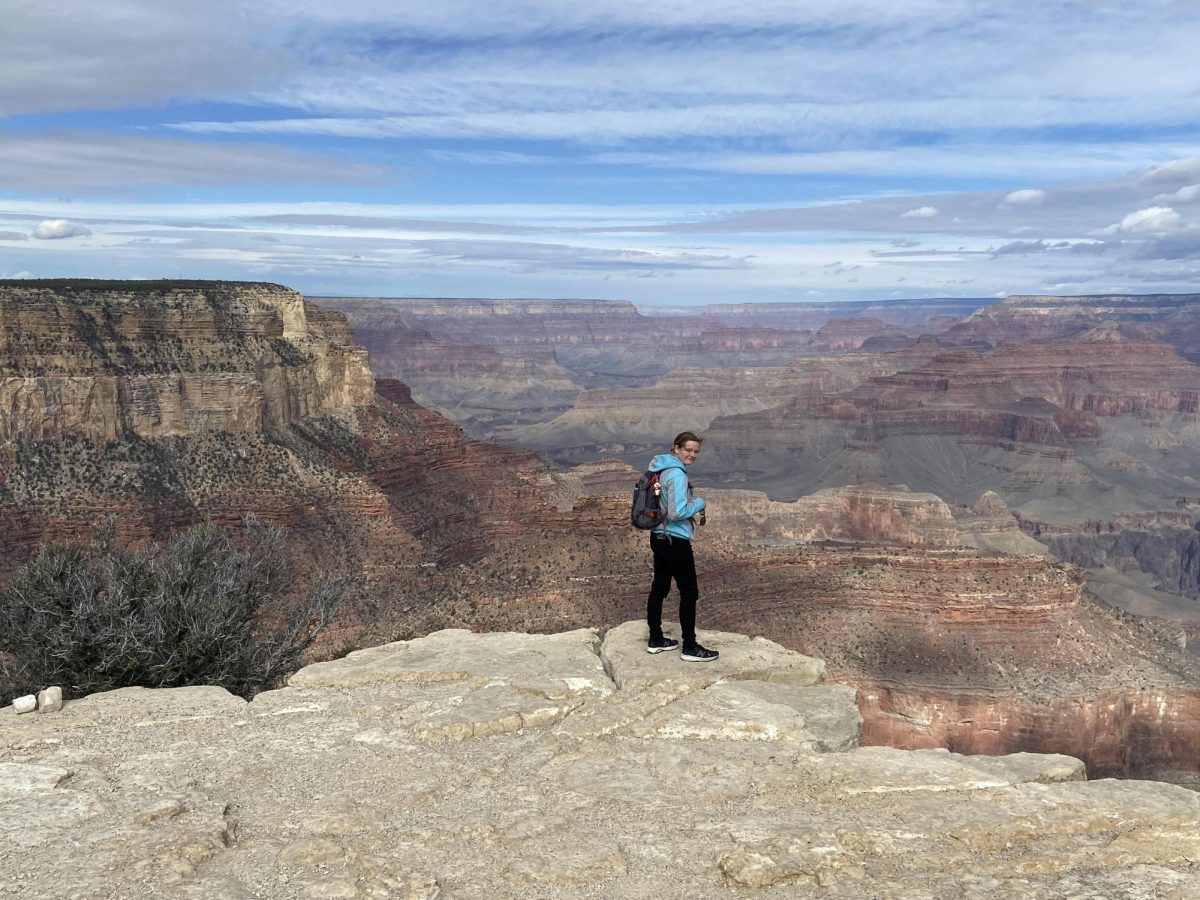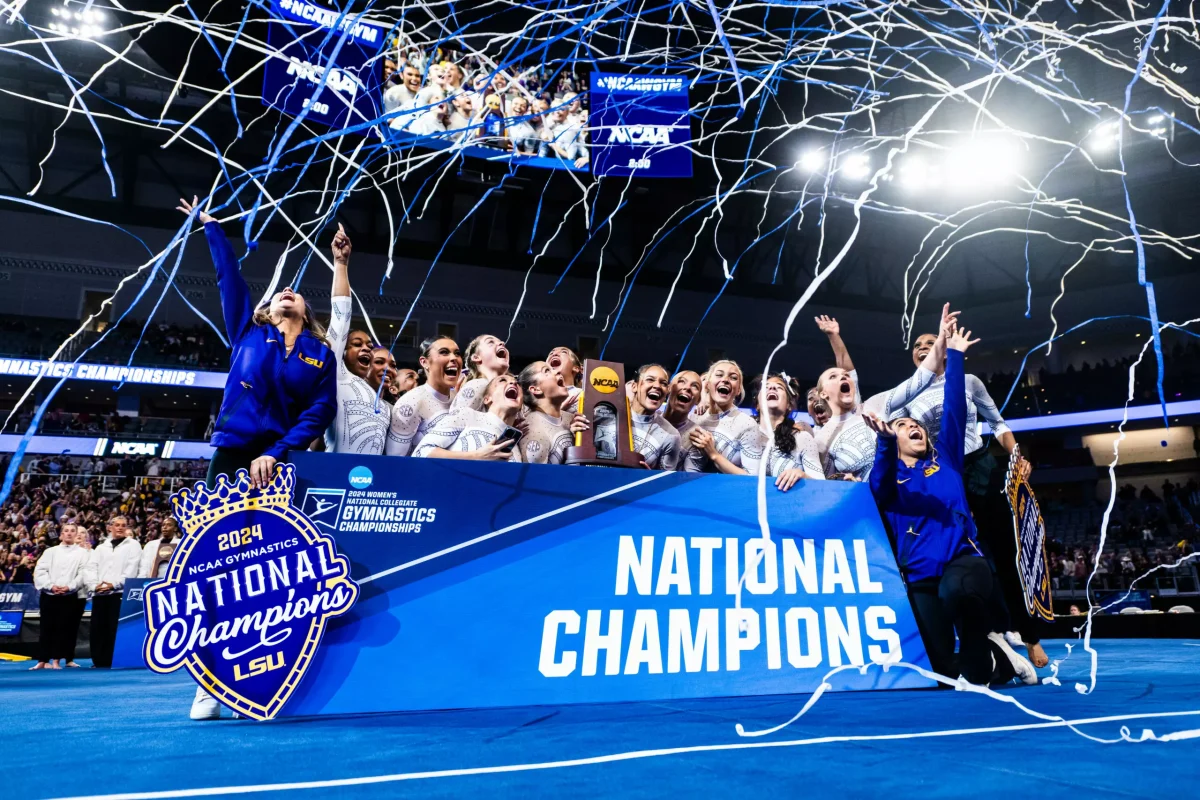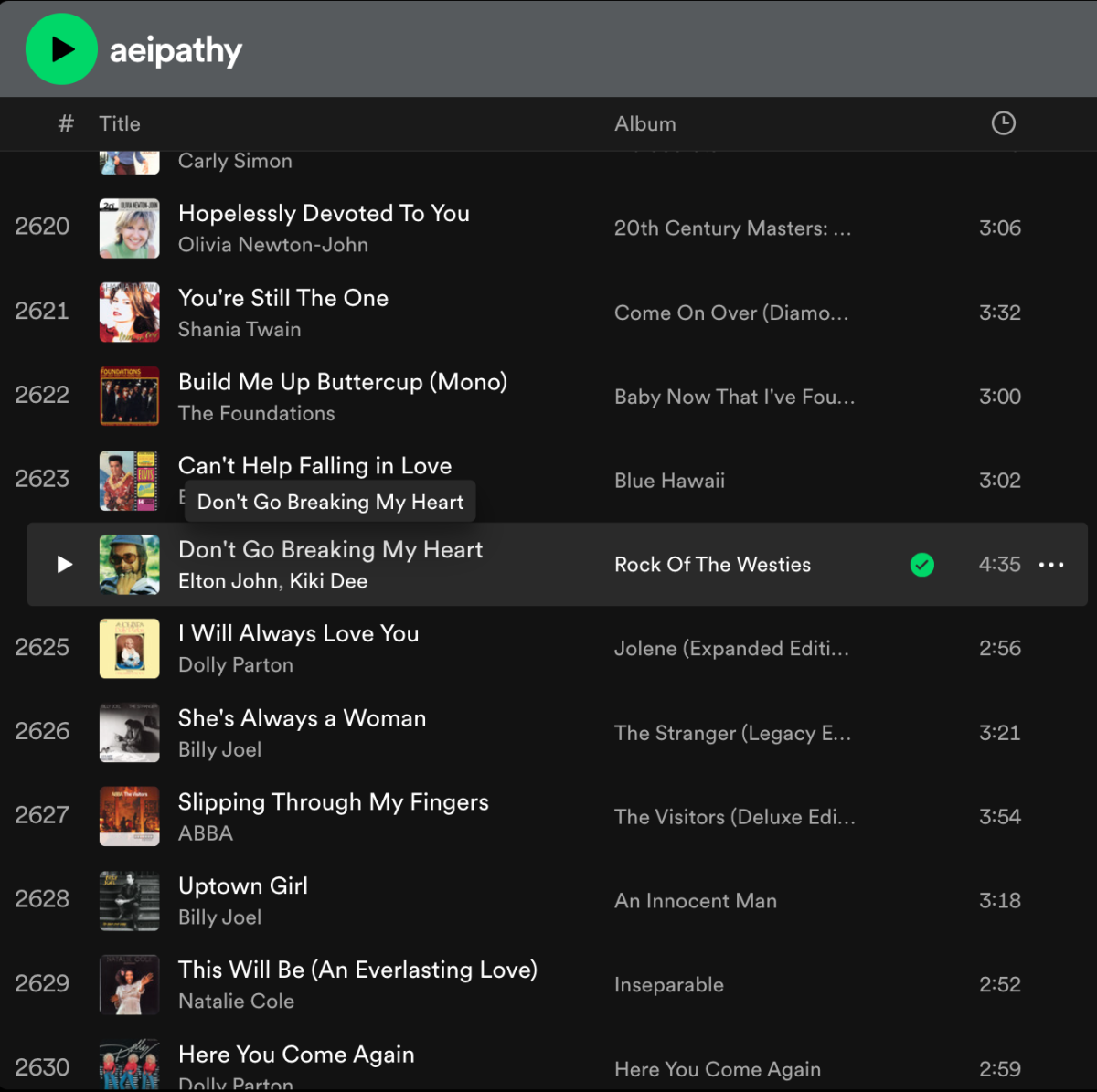All American brings welcome realism to their third season by highlighting the BLM movement
All American’s first and second seasons revolved around Friday night lights, unavoidable drama, and some scary scandals that left the viewers with their jaws dropped.
Contrastingly, with season three, the directors took a different approach; of course, there was still lots of football and even more melodrama, but this season consisted of some real-life issues that needed to be brought to light by television.
Almost the entire cast of All American is African-American, and season three was filmed during the Black Lives Matter (BLM) movement. The directors thought it would be useful to include lots of BLM references to spread awareness for this movement. In multiple instances, the characters faced being racially profiled themselves to show the sad reality.
Towards the end of season two, in episode nine, a very important scene was focused on Spencer James (Daniel Ezra), his little brother Dillon (Jalyn Hall), and some of their friends. But unfortunately, what began as a fro-yo date ended as being accused and discriminated against.
This injustice sparked a show of power from friend and lover of Spencer, Olivia Baker (Samantha Logan), as she incorporated the facts of the blatant inequalities that POC face into her podcast.
Season three of All American took a break from all things football and instead took a rather important—and necessary—turn in order to bring real-world problems to their watchers’ attention.
These instances make their way to season three—but this time, it is taken a step further.
A black woman falls asleep in her car and the scene ends with her being shot and killed by local police officers. This sparks protests, ungovernable anger, and grieving as the town of South Crenshaw fights for this woman’s justice.
Her name is Tamika Pratt.
A few episodes later, Olivia is intoxicated and driving home with Spencer in the passenger seat. When they hear police sirens approaching from behind, Olivia panics, begs for Spencer to switch seats with her, and admits she was drunk behind the wheel. Spencer is shocked, but within that appall, climbs to the driver’s seat.
Just as the officers are questioning and becoming aggressive with the two African-Americans, Olivia makes sure the officers know that she is the daughter of Laura Baker, a white, district attorney for Beverly Hills. Olivia and Spencer get let off the hook without a ticket in sight.
The aftermath left Olivia furious.
She was furious at herself for allowing her to drive under the influence, but even more furious at the fact that she and Spencer were let go while committing a felony when Tamika Pratt had been entirely innocent.
Olivia then pursued protests, memorials, and worked on spreading awareness about police brutality not only in South Crenshaw, but all across the country as well—all to make a difference.
From a girl who was a broken, recovering addict to an empowering black woman taking action for the sake of others, Olivia’s character development throughout season three was unmatchable. She was blindsided for so long in Beverly Hills—living with a white parent in a wealthy home—she never saw the true inequalities in the neighboring community.
But now, her eyes have been opened, and her mind has been altered. She is fighting for what’s right and will do whatever it takes to spread equality to all and serve justice for others. Season three of All American took a break from all things football and instead took a rather important—and necessary—turn in order to bring real-world problems to their watchers’ attention.
Now, I see the TV series as not only a brawl on the football field, but a brawl for equality and justice as well.

Avery is a senior entering her third and final year writing for The Central Trend. She is a member of two different dance teams— Imprint Dance Company...
























































































